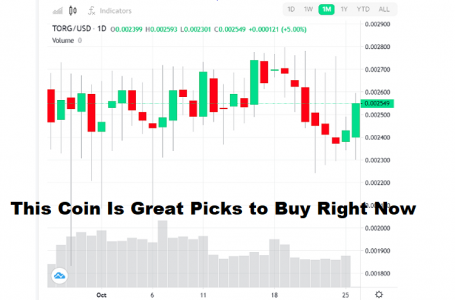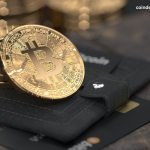
The world has witnessed the profound impact of pandemics on economies throughout history, with each outbreak leaving an indelible mark on societies and financial systems. From the Black Death in the 14th century to the unprecedented challenges of the COVID-19 pandemic, these health crises have triggered economic disruptions of varying degrees.
The economic effects of the pandemic have underscored the importance of financial literacy and understanding economic dynamics. Knowledge about financial markets and the economy can serve as a powerful tool in navigating and mitigating the challenges brought about by such unprecedented disruptions. In the next paragraphs we will introduce you to a short history of the problems the world occurred and will discuss how such knowledge can be harnessed to beat the economic effects of the pandemic:
Historical Glimpses: Economic Turmoil and Resilience
- Throughout the annals of history, pandemics have been accompanied by severe economic devastation, often leading to widespread disruption and instability. The Black Death, a pandemic that swept through Europe in the 14th century, resulted in a substantial loss of life and left economies grappling with labor shortages and reduced productivity. Similarly, the Spanish flu of 1918, while relatively short-lived in comparison, led to economic downturns as societies faced the dual challenge of mortality and productivity loss.
- Yet, history also reveals the remarkable resilience of economies in the aftermath of pandemics. Post-pandemic eras have often witnessed innovation, reconstruction, and adaptation. The aftermath of pandemics has frequently been marked by societal shifts and the emergence of new industries, contributing to eventual economic recovery.
The Unprecedented COVID-19 Challenge
- The ongoing COVID-19 pandemic has brought unique dimensions of economic challenges. Unlike previous pandemics, the interconnectedness of today’s global economy has amplified the rapid spread of the virus and its economic repercussions. Global supply chains were disrupted, businesses faced closures, and unemployment rates reached unprecedented heights. Lockdowns and restrictions aimed at curbing the virus’s spread led to reduced consumer spending and plummeting demand across numerous sectors.
- Governments worldwide responded with substantial fiscal stimulus packages to alleviate the economic distress caused by the pandemic. However, these measures came at the cost of increased levels of public debt, underscoring the complex balance between safeguarding public health and maintaining economic stability.
Lessons Learned and Strategies for Moving Forward
- Historical precedent demonstrates that while pandemics inflict short-term devastation, they can also serve as catalysts for economic restructuring. Post-pandemic periods often witness advancements in healthcare, shifts in urban planning, and changes in consumer behavior. Businesses that adapt and innovate frequently emerge stronger from the aftermath of a crisis.
- The COVID-19 pandemic has underscored the significance of diversified economies, robust healthcare systems, and digital readiness. Remote work, e-commerce, and online services gained prominence during lockdowns, reshaping the way people work, shop, and interact.
There are a lot of valuable resources on the internet covering various aspects of the economy prior and after Covid. One that speaks for itself is Baby Pips Academy, a trading academy that’s teaching individuals how to understand better the world of economy in its whole full aspects. What you can learn from this Academy is that you need to:
- Make informed decisions (understanding how various sector of the economy are interconnected and how they respond to crises allows you to make informed decisions)
- Adapt yourself to investment strategies(A solid grasp of financial markets enables investors to adapt their portfolios to changing circumstances. During the pandemic, industries like technology and e-commerce thrived, while traditional sectors faced challenges. Those with insights into market trends were better positioned to allocate their investments wisely)
- Understand the world economic policies:Economic policies introduced by governments and central banks play a significant role in response to crises. Knowledgeable individuals can decipher the impact of these policies on inflation, interest rates, and overall economic recovery, making more informed decisions about their financial strategies.
Pandemics have a lasting impact on economies, as evidenced by historical events and the ongoing challenges of the COVID-19 pandemic. The ripple effects of these crises are far-reaching, testing societies, disrupting economies, and revealing vulnerabilities. However, history also reveals the resilience and adaptability of economies in the face of adversity.
As economies continue to recover and rebuild, the importance of learning institutions becomes increasingly evident. By providing individuals with a comprehensive understanding of economics and financial literacy, these institutions empower people to make informed decisions, navigate uncertainties, and contribute to broader economic recovery.
In this landscape, knowledge is a potent tool, not only for understanding the economic effects of pandemics but also for shaping a more resilient and prosperous future.










